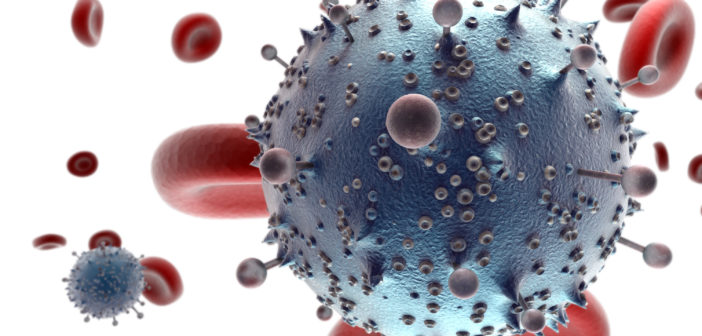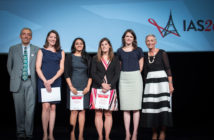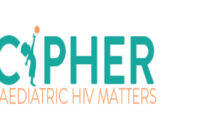A research study carried out in Australia has shown the effective treatment prevents the transmission of HIV between gay men.
The research led by Professor Andrew Grulich from the Kirby Institute followed almost 350 gay couples where one was HIV positive in Australia, Brazil and Thailand for an average of one-and-a-half years. Not one of the participants contracted HIV from his HIV positive partner, despite nearly 17,000 acts of condomless anal sex.
The final results of the Opposites Attract study were presented at the 9th IAS Conference on HIV Science in Paris on Tuesday.
“It means that if a person is diagnosed and quickly gets on to treatment then they quickly become non-infectious and that is great news for HIV prevention more broadly, because it’s an absolutely key part of us trying to turn this epidemic around and drive infections down,” Prof Grulich said.
“We followed these couples and reported no transmission,” said Prof Grulich.
Significantly, he says, it’s the first study to show that the results apply in both high and middle income countries.
“The previous study was purely European and there are large epidemics in gay men around the world including in poorer countries, so it’s important some of this data comes from those sort of places; Brazil and Thailand in our case,” said Prof Grulich.
HIV treatment works by suppressing the level of virus, so that immune system damage is halted and even reversed. When treatment is consistently taken daily, the virus levels become so low that they become undetectable in the blood.
“The treatments these days are so effective that they usually do cause undetectable viral load within three to six months of starting the treatment,” Prof Grulich said.
Uncertainty still remains about what stage a person becomes non-infectious. Grulich advised that a person should wait at least three to six months and have a blood test to confirm they are non-infectious.




